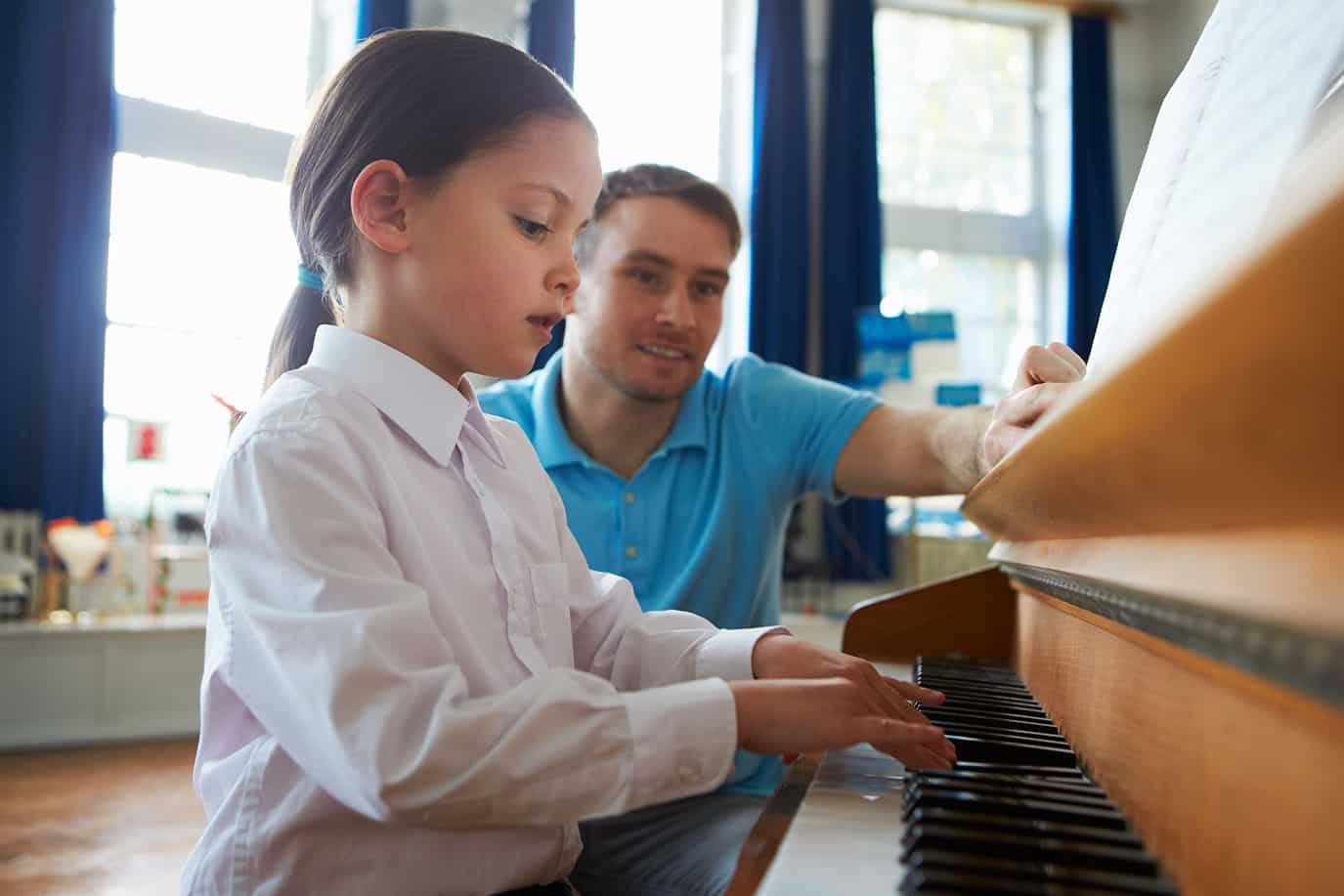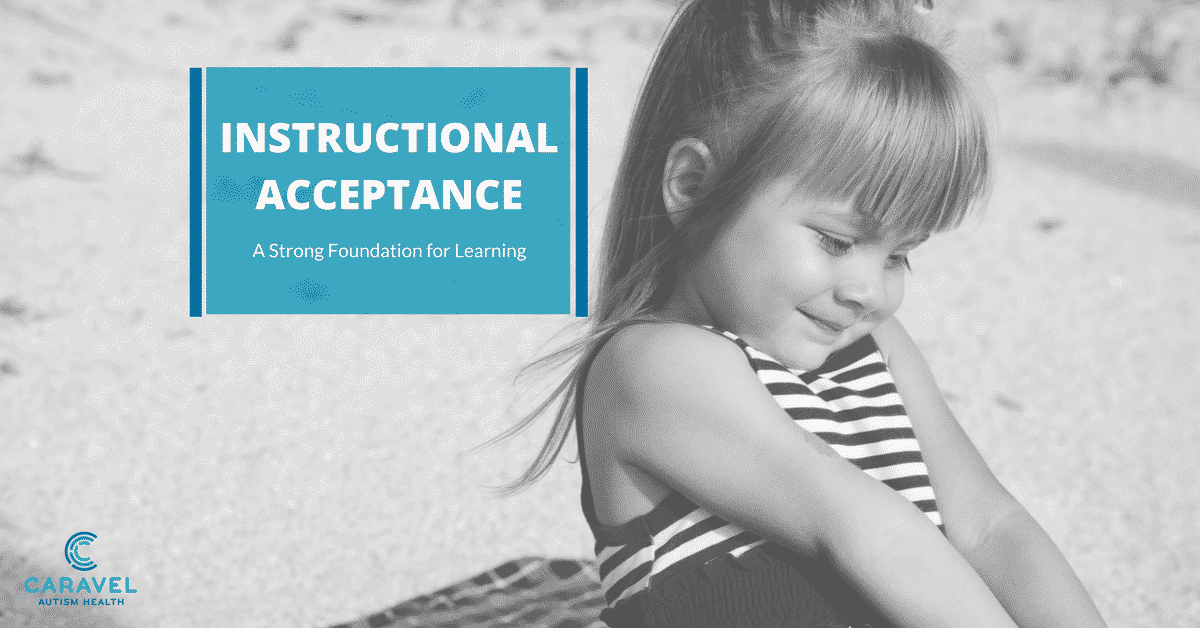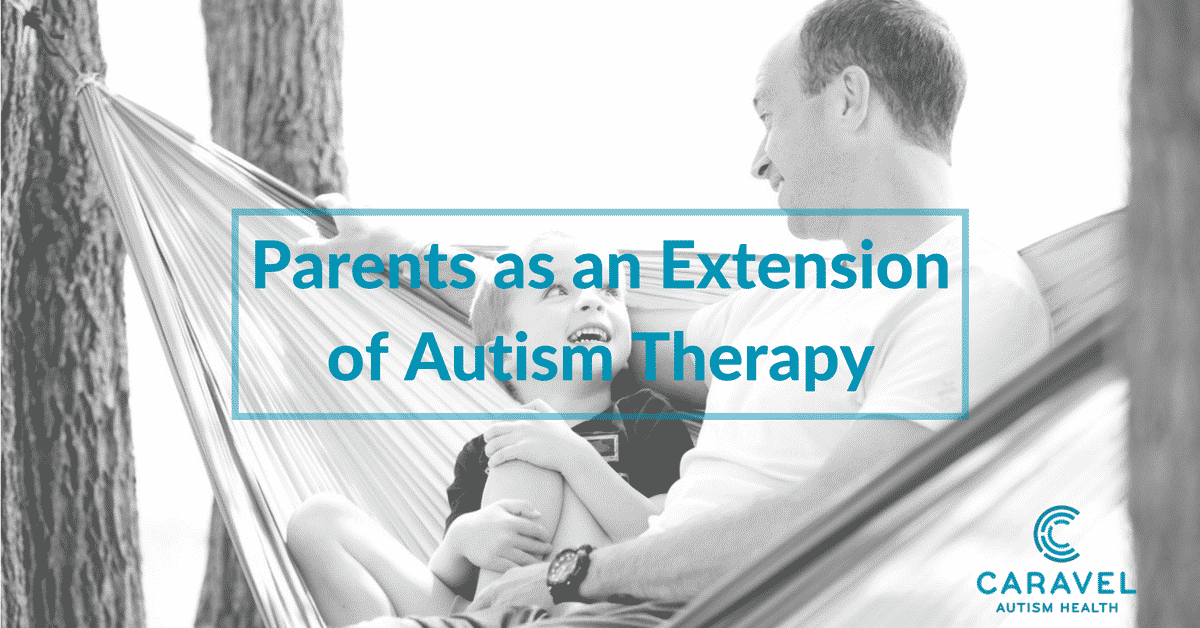[vc_row][vc_column][vc_column_text]We’ve all seen the news stories about people with autism who possess exceptional musical ability. There’s the Englishman who is also visually impaired who was featured in a “60 Minutes” segment showcasing his virtuoso piano talent. Late last year, the spotlight was on Kaylee Rodgers, a young singer from Ireland, whose rendition of “Hallelujah” went viral and earned her appearances on all the major television networks in the U.S.
Not everyone who is on the spectrum has impressive musical talents, of course, but there’s a growing body of evidence that music can have a positive impact on the lives of people with autism. Numerous studies have found that music can help increase connectivity in the brain, sharpen focus, and improve social interactions.
Canadian researchers studied children ages 6 through 12 who participated in music therapy sessions. During these sessions, participants sang and played different musical instruments. Their parents reported significant improvement in communication skills and that overall quality of life had improved for their families after just three months. In addition, brain scans revealed that the children who had been exposed to music therapy had improved connectivity between the auditory and motor regions of the brain. The findings were published in October in Translational Psychiatry.
Another study, published in The Journal of Music Therapy, found that music can improve social behaviors, increase focus and attention, and reduce anxiety in children and teenagers with autism. Other researchers exploring the connection between music and the brain have discovered that music can improve communication skills, increase emotional expression, and elicit positive responses from some individuals with autism, even when little else can capture their attention.
Brain imaging has revealed that the circuitry important in processing memory and emotion is engaged while listening to music. The exact explanations for music’s impact are not completely understood. What we do know is that music holds great potential for improving quality of life and building emotional and social connections. For all of those reasons, its transformative power is worth exploring.
For more information, visit https://caravelautism.com/caravel-autism-insights/.[/vc_column_text][/vc_column][/vc_row]





